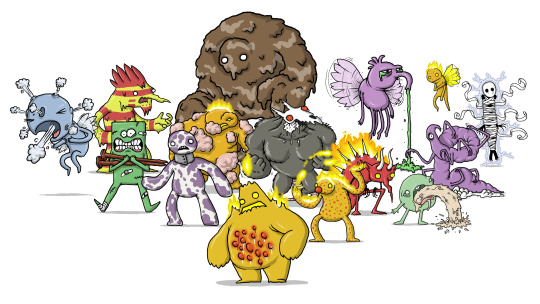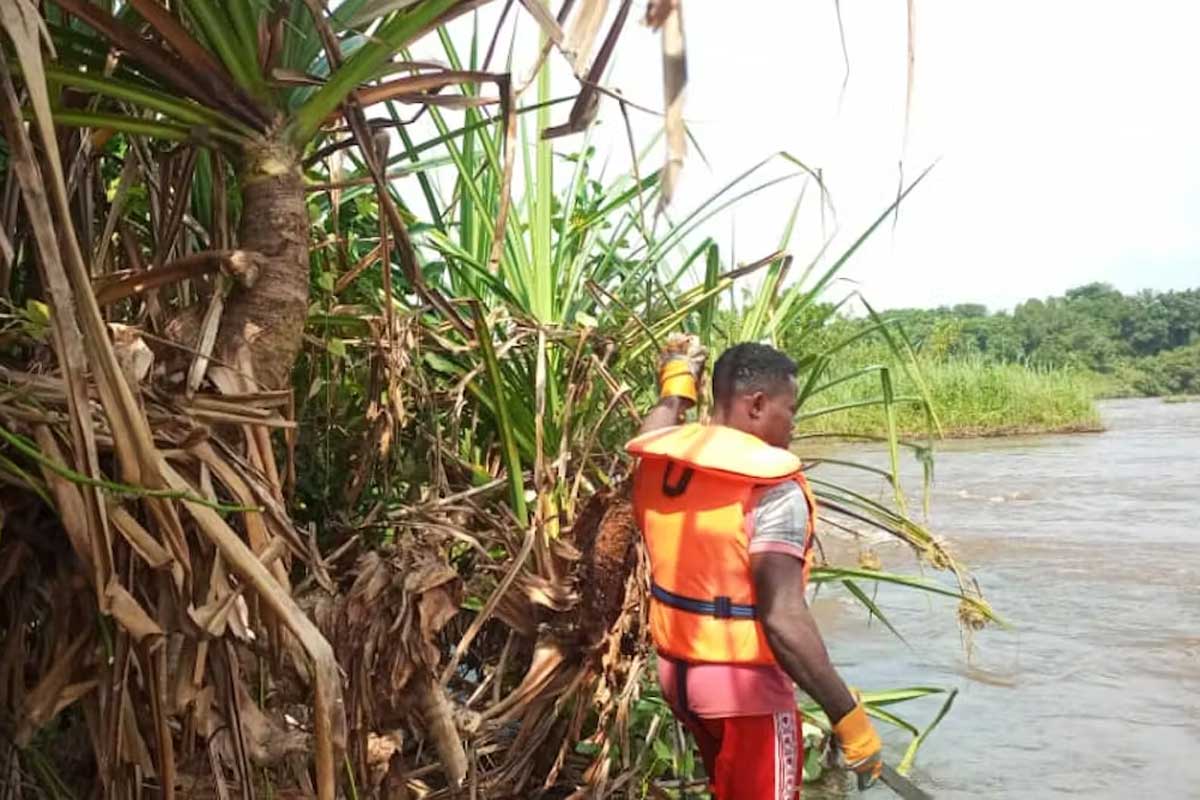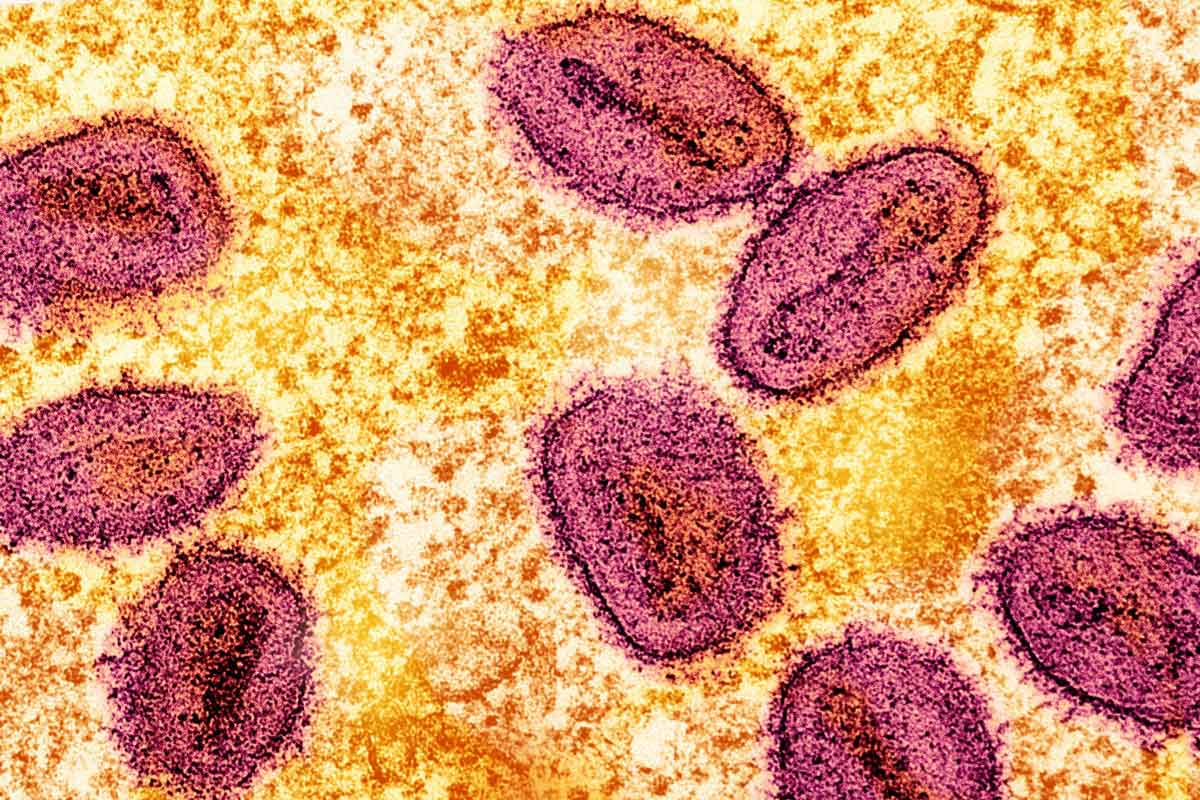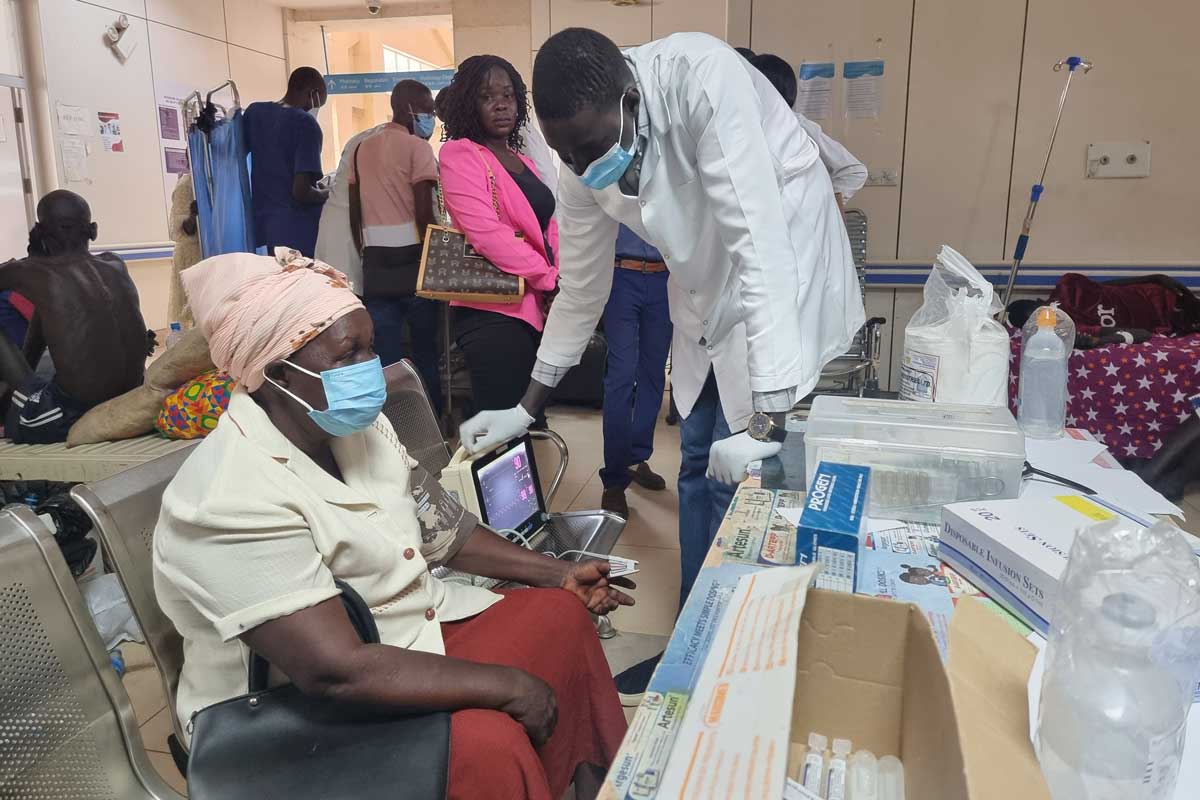Dr Dan Epstein, Vaxcards co-creator
As a child, when I got vaccinated, my doctor gave me a stale jellybean from a giant glass jar. The kind of 10-year old jellybean that crumbled and cracked when you chewed it.
I got a painful jab because my Dad said so. I wasn’t sick but somehow it stopped me getting sick. Plus I got a jellybean. So I rolled with it.
Then I grew up, became a doctor, and started interacting with parents and children following the vaccination schedule. But the reward for vaccination had not changed since I was small, and education for children and parents remained in the form of handouts and print offs.
Most people agree that vaccines should be cool, but that’s not going to happen without better education and incentives. That’s why I started Vaxcards with my friend Adam Zemski.
Vaxcards is a game, where infectious diseases are illustrated as characters based on their symptoms and distributed within a collectable trading-style battle card game.
After an immunisation, you get the collectable card as a reward. As your immunity gets stronger, so does your collectable card set.
We believe Vaxcards could be a game-changing tool for delivering education and rewards for vaccination. Here’s why:
They pitch education at children, teachers and gamers
Information disguised in a Pokémon-like character with special attack and defence moves provides a platform for children and adults to learn through play.
Disease symptoms, as defined by the World Health Organization, have been carefully worked into each character’s design and statistics as well as the game’s mechanics. These include epidemiological data on disease incidence, mortality, route(s) of transmission and microbiological classification.
Information on symptoms helps children recognise the illness, data on epidemiology gives perspective on more damaging diseases while highlighting the main route(s) of transmission shows how the spread of an infectious disease can be reduced.

They provide an incentive to vaccinate
Every generation grew up with the need to collect something. Baseball cards, Pokémon cards, Panini football cards, Barbies or Octonauts.
For every child, being vaccinated could be viewed as collecting a set of antibodies against preventable diseases. Pairing a card game to this experience provides an incentive for children to collect the whole set. With Vaxcards, each inoculation is is represented by a special character card possessing special powers and attack moves.
Comparing collections in the playground creates a demand for stronger or a more complete set of cards. In real-life, we hope that this creates a generation of children, who will understand the gain from the pain whenever they look at a vaccination needle.
Vaxcards personalise diseases
Giving each disease a name, a face, special moves, strengths and weaknesses creates awareness of diseases that we rarely see thanks to vaccination.
This is important for understanding the potential seriousness of preventable diseases, recognising the symptoms and reminding us why we should push for eradication.

The potential to go viral….or bacterial ….
The artwork is amazing, and the characters are engaging. According to serious gamers, it is great fun to play and has robust game mechanics.
For these reasons, Vaxcards should appeal to science-minded game lovers, children, parents, teachers, health care workers or anybody who has been immunised.
Vaxcards has all the elements of a trend that could take off. If it achieves anything like the popularity of other children’s card games such as Pokémon or Digimon, the global health impact of Vaxcards could be immense.
The generational quest for herd immunity
Creating a generation of educated vaccine-getters is the most important consideration, and one of the greatest challenges of programs. Vaxcards has the potential to provide a generation more likely to vaccinate their children and take an extra step towards herd immunity.

The game that is a game-changer
In the context of increasing herd immunity, Vaxcards should be seen as an incredibly informative and engaging tool, imparting vital information about disease symptoms, warning signs of infection and epidemiological data.
More importantly, it helps children participate in the vaccination schedule. This can be very difficult to achieve, given the lack of health literacy in areas with poor immunisation coverage rates.
In the future, we hope to distribute Vaxcards alongside vaccination programs in developing areas.
In order to achieve this, we must secure funding, investment and grants to translate the game and establish a sustainable costing model that provides subsidised or free cards for areas in need of education and rewards for vaccination the most.
After all, educating a generation of vaccine recipients could prevent a range of diseases, saving many lives and dollars in the process.
If you could like to help Vaxcards expand their product’s reach, you can support them via this crowdfunding link.
Anybody interested in contacting the creators on further distribution, drop them a line at email@vaxcards.com, view their crowdfunding at kickstarter here, see their website http://www.vaxcards.com or find them on Twitter @vaxcards.






